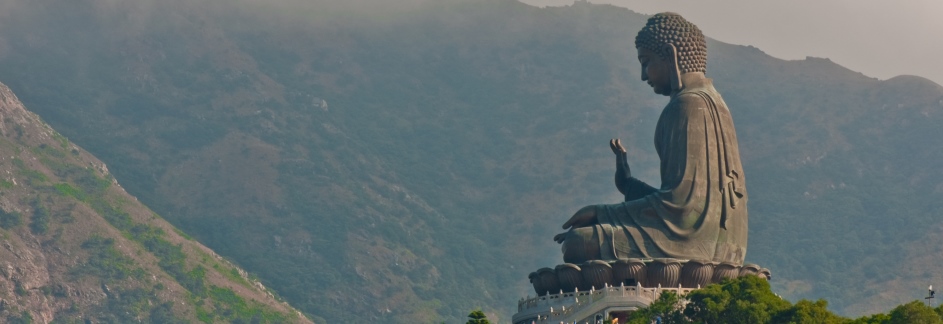Reincarnation is a concept that captivates the human imagination, inspiring myriad interpretations across diverse cultures and philosophies. Within the framework of Baha’i teachings, the perspectives on reincarnation are both nuanced and profound, offering an alternative understanding that transcends conventional notions. This exploration seeks to unravel the intricacies of reincarnation from a Baha’i perspective, addressing common observations and probing the deeper reasons behind the belief in this notion.
At the heart of the Baha’i faith is the belief in the immortality of the soul. This tenet posits that each soul is a unique creation that does not perish with the physical body. Instead, it embarks on a perpetual journey of spiritual evolution and development. Baha’is do not adhere to a literal interpretation of reincarnation in the sense of the soul returning in different physical forms. Rather, they embrace a more metaphorical understanding of spiritual progression that occurs after physical death, viewing it as a transitional phase towards a higher existence.
The fascination with reincarnation can be attributed, in part, to the human desire to comprehend life’s mysteries, particularly the enigma of death. The fear of mortality often engenders a longing for continuity, prompting individuals to seek solace in the idea of rebirth or repeated existence. Within the Baha’i framework, this yearning finds fulfillment through the belief in an everlasting soul, offering a comforting perspective that transcends the limitations of temporal existence.
From a Baha’i standpoint, the process of spiritual maturation is paramount. Each soul is thought to embark on a journey of growth, learning, and transformation. This journey, however, is not characterized by multiple physical incarnations but rather by the soul’s ability to progress through various stages of enlightenment and understanding. The ultimate goal is to attain proximity to the Divine, fostering a connection that illuminates the path toward spiritual enlightenment.
Contemplating the nature of the soul, Baha’i teachings emphasize that it is inherently noble and possesses the potential for tremendous growth. Each life provides opportunities for the soul to cultivate virtues such as love, compassion, and justice. Such virtues are not merely abstract ideals but essential attributes that facilitate the soul’s development as it navigates the challenges and tribulations of earthly existence. The notion of progressing towards a higher state of being aligns with the idea of reincarnation by suggesting that each earthly life serves as a crucial step in a larger spiritual journey.
A common observation among those intrigued by reincarnation is the existence of past-life memories or a sense of familiarity with people or places from times long gone. Some may interpret these experiences as evidence of previous incarnations. Baha’is offer a unique perspective on such phenomena, asserting that these sentiments could stem from the collective unconsciousness shared among humanity, rather than individual reincarnations. This concept posits that the soul’s development is inherently linked to the experiences of others, enhancing its understanding through collective human experiences across time.
The Baha’i teachings further illuminate the purpose of life, emphasizing that it is a time for cultivating the soul and manifesting divine qualities. The significance of each moment is profound, as individuals are continuously confronted with choices that shape their spiritual trajectory. In this light, the idea of reincarnation is reframed: rather than viewing it as a cyclical return, it becomes an ongoing quest for refinement and enlightenment. Every human experience, regardless of its nature, serves a divine purpose, contributing to the soul’s transcendental evolution.
Another aspect that merits consideration in the exploration of reincarnation pertains to the interconnectedness of all souls. Baha’is assert that each individual is a reflection of the Divine, with the capacity to influence and uplift others. This interconnectedness underscores the transformative potential inherent in human relationships. Through acts of kindness, love, and service, individuals uplift not only their own souls but those around them. The reverberations of positive deeds are far-reaching, suggesting that the impact one has during their lifetime extends beyond mere existence, fostering a web of spiritual growth that spans across humanity.
The concept of reincarnation, often fraught with confusion, is further elucidated within the framework of Baha’i scripture. The writings serve as a guiding beacon for believers, illuminating the path toward understanding the mysteries of the soul and its relationship to the Divine. Baha’is are encouraged to engage in prayer, reflection, and study, facilitating a deeper comprehension of their spiritual nature and the essence of existence. These practices foster a connection that transcends temporal concerns, urging individuals to recognize their divine potential.
In summation, the Baha’i interpretation of reincarnation invites a reevaluation of commonly held beliefs. Rather than viewing it through a lens of literal rebirth, it offers a profound understanding of the soul’s journey, emphasizing growth, interconnectedness, and the everlasting nature of spiritual existence. By embracing the principles of Baha’i teachings, individuals can attain a richer comprehension of their purpose, discovering the divine potential that lies within each soul. In this light, each lifetime can be seen not as a singular event, but as a crucial chapter in the epic narrative of the soul’s eternal quest towards divine fulfillment.
